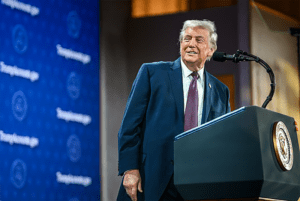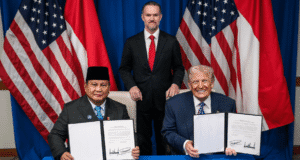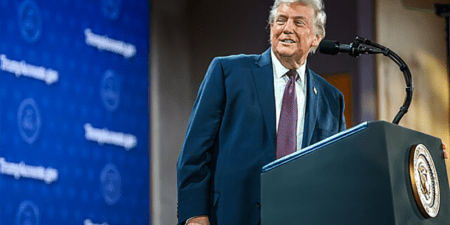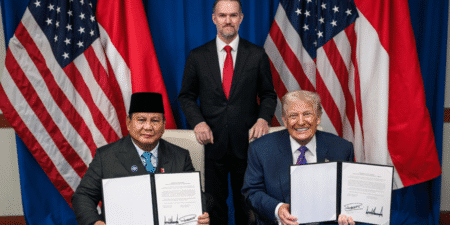
Australia Balances AI Productivity and Oversight
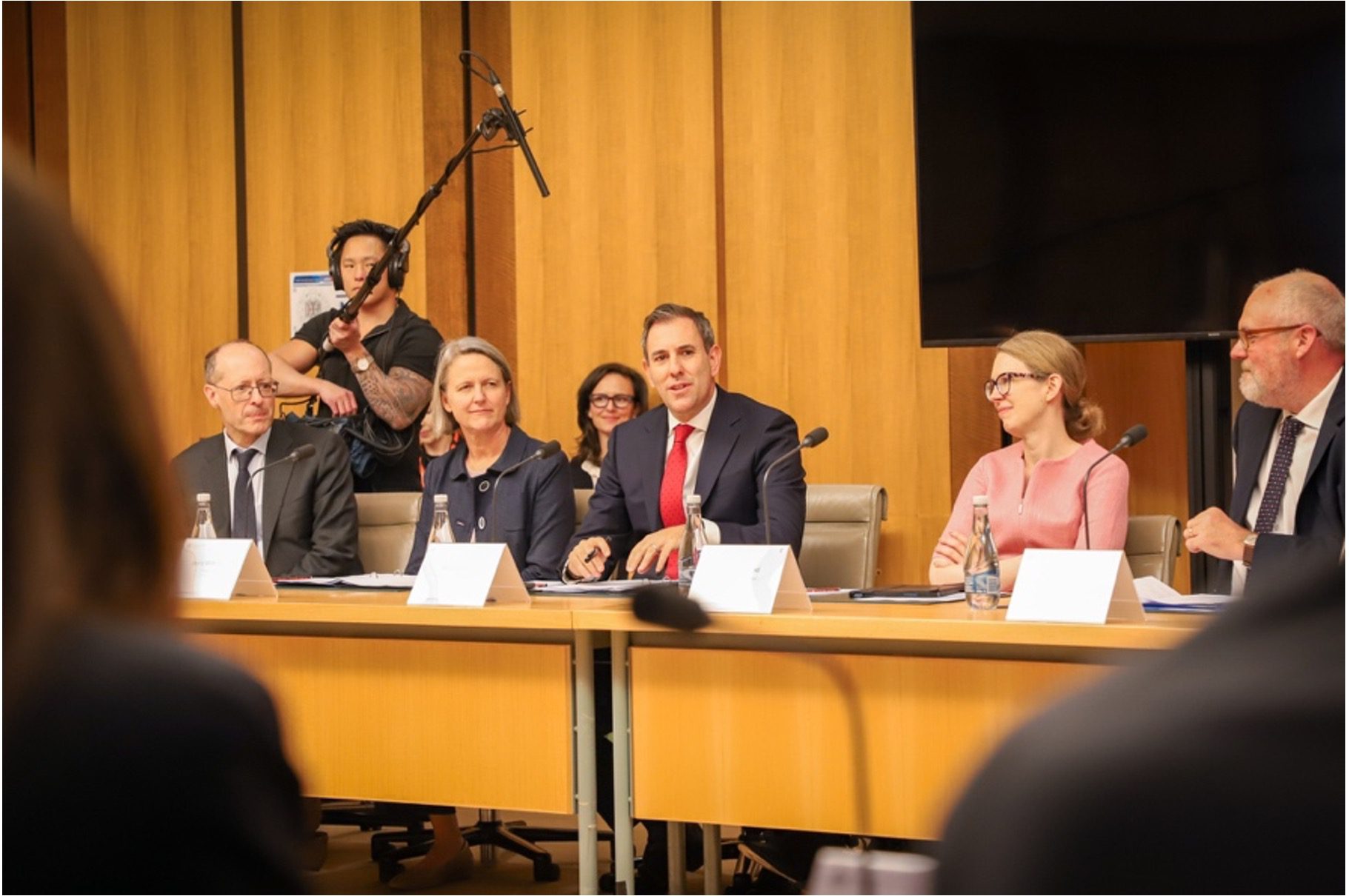
The BGA Australia team, led by Managing Director Michael McNeill, wrote an update to clients on Australian Prime Minister Anthony Albanese’s approach to the regulation of artificial intelligence (AI).
Context
- The second-term Labor government of Australian Prime Minister Anthony Albanese, which has committed to lifting productivity and boosting private sector growth, is under pressure to take a less interventionist approach in the regulation of AI. However, the Labor party’s union allies want tougher regulations to guide the rollout of AI in workplaces, while traditional media and arts stakeholders want copyright protections for their work in relation to the development of AI large language models.
- AI will be discussed at the Albanese government’s August 19-21 Economic Reform Roundtable as the government seeks to create a second-term economic agenda. Albanese, mindful of keeping his election promises, has stressed that the roundtable will “inform the government’s decisions,” rather than determine them. The Reserve Bank cut the cash rate by 0.25 percent to 3.6 percent August 12, noting that “wages growth has eased from its peak, but productivity growth has not picked up and growth in unit labor costs remains high.”
Significance
- Treasurer Jim Chalmers has flagged AI as a key issue to be discussed at the Economic Reform Roundtable. He seeks “a responsible middle course on AI” by building confidence in AI in key sectors, developing a skilled workforce, attracting investment in data infrastructure, securing influence in AI supply chains and delivering safe and better government services. The roundtable will devote one session to “AI and innovation.” Participants will include Robyn Denholm, chair of the government’s Strategic Examination of Research and Development; Ming Long, chair of the Commonwealth Scientific and Industrial Research Organization; and Scott Farquhar, chair of the Tech Council of Australia.
- Australia’s top union body, the Australian Council of Trade Unions, will be represented at the roundtable. Unions are seeking tougher regulations to guide the rollout of AI in workplaces. They want mandatory, enforceable agreements that would compel employers to consult with their staff before new AI technologies can be introduced into workplaces. This would include guarantees for job security, skills development and retraining and transparency over technology use. Unions have called for the creation of a National AI Authority and a national Artificial Intelligence Act.
- Assistant Minister for Science, Technology and the Digital Economy Andrew Charlton is visiting the United States this week to promote Australia as an investment location for data centers and AI. He is meeting leading tech industry figures from companies such as OpenAI, Google, Nvidia and Anthropic. “Australia is the natural home for data center and technology investments in our region because of competitive advantages in political stability, renewable energy, land availability, strong university sector and world-class talent,” he said.
Implications
- In January, then-Industry Minister Ed Husic said the government was in “the final stages” of developing mandatory guardrails for AI. However, some speculate that his successor, Tim Ayers, is developing a less stringent regime. Charlton, an economist who is Ayers’ assistant minister, is close to the tech sector. Before entering Parliament, Charlton said the “low rate of investment in automation and digital technology acts as a handbrake on our productivity growth that will ultimately reduce our national income.” Husic, while leaning toward more oversight, strongly supported the expansion of Australia’s AI industry and announced the development of a National AI Capability Plan by the end of this year.
- In the interim, a host of existing laws could be applied to govern and regulate the use of AI. These include the country’s data, privacy, copyright, intellectual property, consumer protection, criminal, online and anti-discrimination laws. The establishment of the Copyright and AI Reference Group in December 2023 also signals the government’s intention to plug regulatory gaps in existing laws arising from AI adoption. The government is working on the second tranche of reforms to bring the Privacy Act up to speed with the digital age, including measures addressing generative AI.
We will continue to keep you updated on developments in Australia as they occur. If you have any comments or questions, please contact BGA Australia Managing Director Michael McNeill at mmcneill@bowergroupasia.com.
Best regards,

Michael McNeill
Managing Director
Mick is a highly-experienced government relations expert and trusted advisor on consensus building, conflict resolution and legislative developments. He has played an integral role in helping parties achieve desired outcomes in areas of national security, health policy, foreign policy and reputational crisis management, as well as media relations, communications campaigns, immigration and human rights. Mick has two decades’ experience working with government as a media analyst, political adviser and NGO advocacy manager. After a stint serving as an adviser to an Australian senator, Mick took on the role of the locally engaged senior political specialist at the U.S. Embassy in ... Read More
×

















